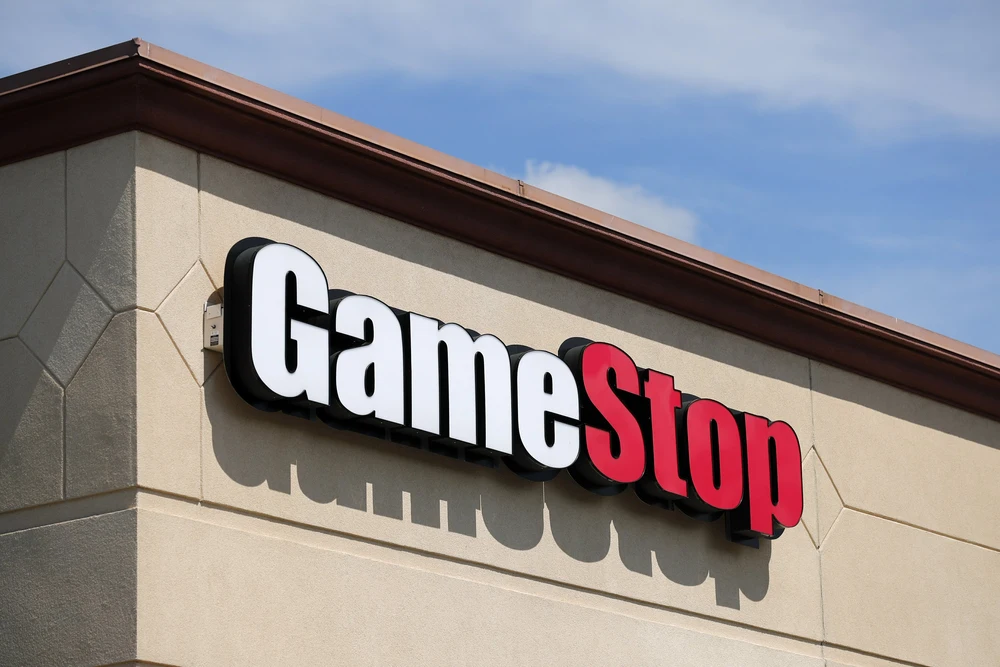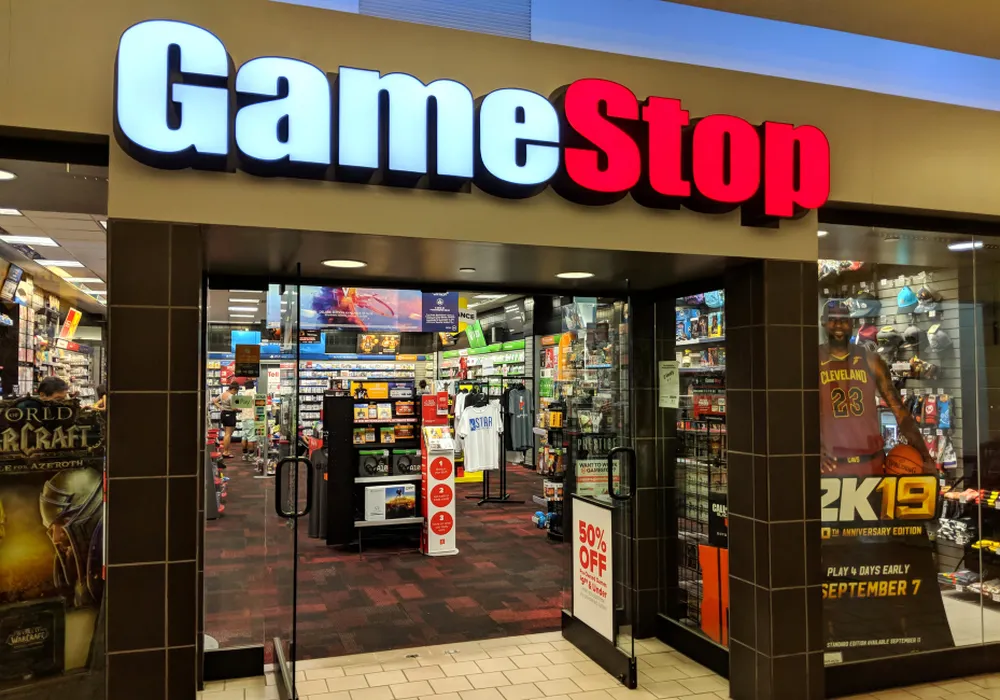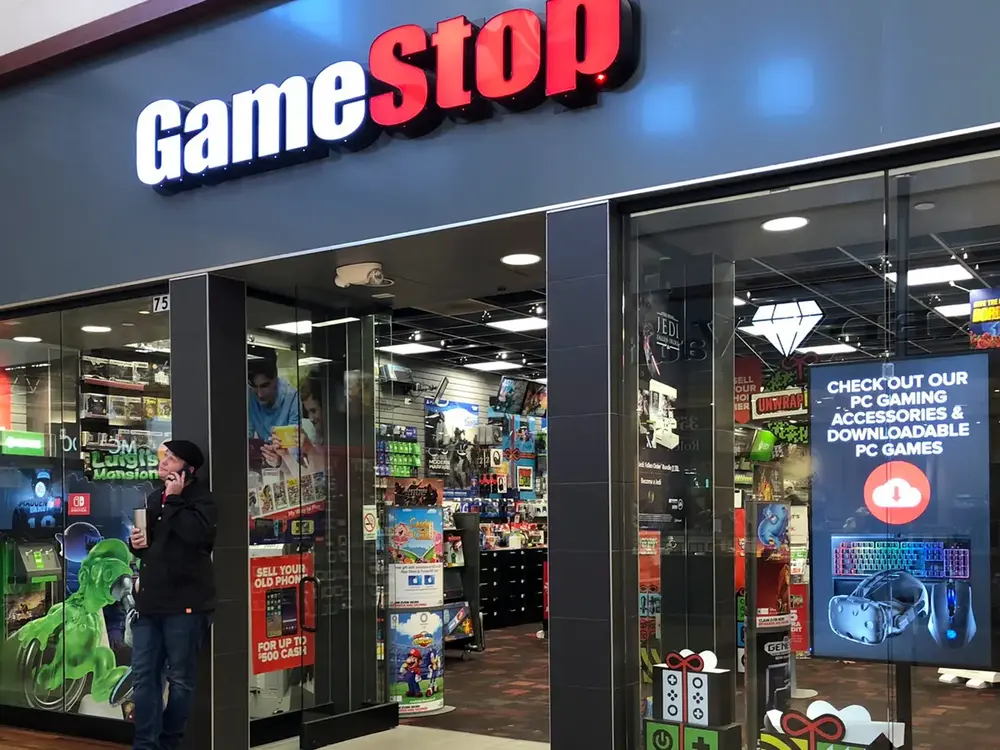GameStop Corp, the video game retailer that became the center of a meme stock frenzy in 2021, announced on Wednesday that it had fired its chief executive officer, Matthew Furlong, and elected Ryan Cohen, an activist investor and co-founder of Chewy, as its executive chairman. The news sent GameStop shares plunging more than 20% in premarket trading on Thursday.
Why did GameStop fire Furlong?
GameStop did not provide a reason for Furlong’s termination, which came just two years after he was hired from Amazon to lead the company’s digital transformation. Furlong was one of two former Amazon executives that Cohen brought in to revamp GameStop’s online presence and compete with digital downloads and streaming services.

Furlong oversaw GameStop’s first quarterly profit in two years in the fourth quarter of 2022, but the company returned to losses in the first three months of 2023 as sales fell. GameStop also faced supply chain disruptions, chip shortages and competition from new gaming consoles.
Some analysts speculated that Furlong’s firing could indicate a lack of confidence in his strategy or a clash with Cohen over the direction of the company. Others suggested that it could be part of a broader management shake-up that Cohen initiated since joining GameStop’s board in January 2021.

Who is Ryan Cohen and what is his vision for GameStop?
Ryan Cohen is a 37-year-old entrepreneur who co-founded Chewy, an online pet supply company, in 2011 and sold it to PetSmart for $3.35 billion in 2017. He remained Chewy’s CEO until 2018 and then became an angel investor.
Cohen took a stake in GameStop in 2020 through his investment firm, RC Ventures, which currently owns about 12% of the company. He became a vocal critic of GameStop’s management and performance, calling for a shift to e-commerce and a focus on customer experience.
In January 2021, Cohen and two other former Chewy executives joined GameStop’s board as part of an agreement with the company’s management. Cohen became the board chairman in April 2021 and has been leading the company’s strategic review and capital allocation.
Cohen has been secretive about his plans for GameStop, but he has hinted at his vision through cryptic tweets and letters to shareholders. He has said that he wants to turn GameStop into a “technology company” that can compete with Amazon and other online platforms. He has also said that he wants to create a “loyal community” of gamers who trust GameStop as their go-to destination for gaming products and services.
Cohen has been making changes to GameStop’s leadership, culture and operations to achieve his goals. He has hired several former Amazon, Google and Facebook executives to fill key roles in e-commerce, technology, marketing and customer care. He has also cut costs, sold non-core assets, raised capital and expanded GameStop’s product offerings beyond video games.

How did the market react to GameStop’s announcement?
GameStop’s announcement came after the market closed on Wednesday, when the company reported its first-quarter earnings. The company posted a net loss of $66.8 million, or $0.91 per share, compared with a net loss of $165.7 million, or $2.57 per share, a year earlier. Revenue rose 25% to $1.28 billion, beating analysts’ expectations of $1.16 billion.
However, investors were disappointed by the lack of guidance from the company, which said it was not providing an outlook due to the “uncertainty” surrounding the pandemic and its business transformation. The company also said it was evaluating whether to sell more shares to raise capital, which could dilute existing shareholders.
GameStop shares fell more than 20% in premarket trading on Thursday, wiping out about $1 billion in market value. The stock was trading at around $21 per share as of 10:30 a.m. ET, down from its peak of $483 per share in January 2021.
GameStop has been one of the most volatile and controversial stocks in the market since it became the target of a massive short squeeze orchestrated by retail investors on Reddit’s WallStreetBets forum earlier this year. The stock surged more than 8,000% in 2021 as amateur traders bought shares and options to bet against hedge funds that were betting on GameStop’s decline.

The short squeeze sparked a frenzy of trading activity, media attention and regulatory scrutiny that put GameStop in the spotlight as a symbol of the power shift between Wall Street and Main Street. However, since then, the stock has lost most of its gains as the hype faded and the fundamentals of the company remained challenged.
Some analysts remain skeptical of GameStop’s prospects, arguing that the company is facing an uphill battle to compete in the digital gaming market and that its valuation is disconnected from its earnings potential. Others are more optimistic, believing that Cohen can replicate his success with Chewy and transform GameStop into a profitable and innovative e-commerce player.
Ryan Cohen, an activist investor and co-founder of Chewy, an online pet supply company.